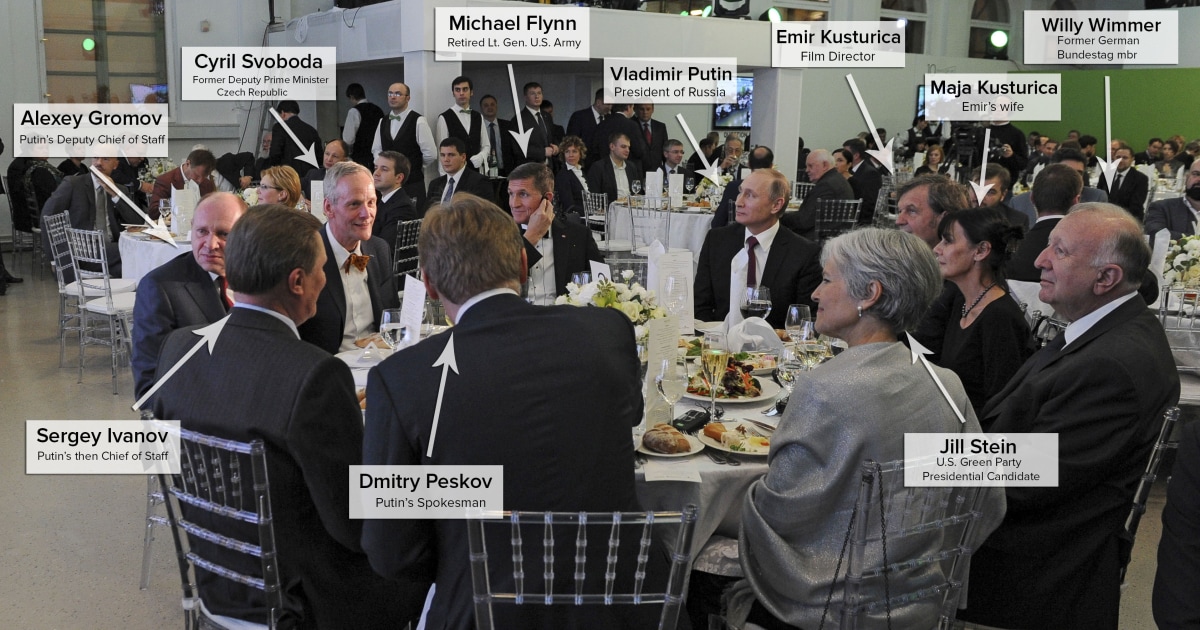Honestly, you should swap. They have tons of excellent plugins.. The intro skip is way better than Plex’s.
The end user clients are very solid too. Their kodi client alone is leagues ahead of the plex community one.
The only feature that plex has over jellyfin at this point in my mind is sharing content easy with people out of your home network. With Jellyfin you need to setup your own certs or reverse proxy like SWAG, or use something like tailscale.

Hmm, not using finamp. I’m pretty happy with Synfonuim.
Cant speak to that aspect.